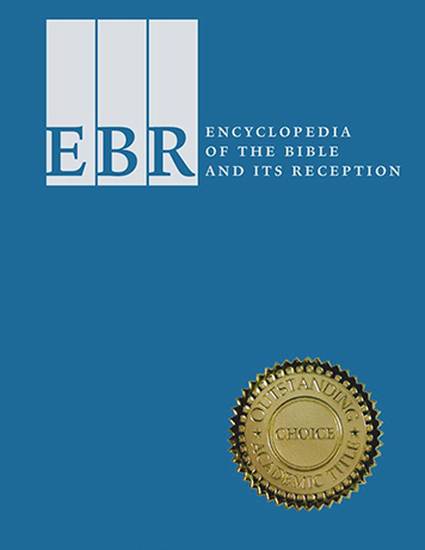
Contribution to Book
Socrates Scholasticus: 5th Century Constantinople Church Historian
Encyclopedia of the Bible and Its Reception
(2026)
Abstract
Socrates Scholasticus (ca. A.D. 379-449) was the greatest successor of Eusebius of Caesarea who
pioneered the genre of Christian Church history in the early 4th century. Unfortunately, we do not know
as much about Socrates as we do of his famous predecessor. Yet, he does give some details of his life
and reveals something of his character and beliefs in his Historia Ecclesiastica (written ca. 438-443). He
was born and raised in Constantinople, the new eastern capital of the late Roman Empire, and lived
there throughout much of the reigns of the Theodosian dynasty (Hist Eccl V. 24). He was proud of the
city and described its imperial monuments and Christian churches throughout the pages of his History
(Hist Eccl I. 16, 38 & 40; II. 16; IV. 8; VI. 18; VII. 39). He was educated there under the grammarians
Helladius and Ammonius, former priests of pagan deities in Alexandria, and became well versed in Greek
classical literature (Hist Eccl V. 16). But he was raised as a Christian and knew the Greek New Testament
and the teachings of the Greek Church fathers equally well (Hist Eccl I. 8; II. 21; III. 7-9; IV. 25; V. 22; VI.
13; VII. 32; & passim). Some commentators have thought that Socrates had legal training and may have
participated in the research for the Codex Theodosianus, which collated all of the constitutions of the
Christian emperors from Constantine I to Theodosius II (306-439). The fact that the Historia covers the
same time period as the laws in the Code, and was dedicated to a Theodorus, the name of one of the
commissioners in charge of drawing up the Code, may give some weight to this theory (Hist Eccl II. 1; VI.
Introduction; & VII. 48). However, Theodore is called a “holy man of God,” and could just as well have
been a revered churchman as a legal commissioner. In any case, Socrates could have received the
cognomen Scholasticus as much for his philosophical and historical learning as for any legal expertise.
He was not an ecclesiastical official like Eusebius, but a Christian layman interested in both the secular
and religious affairs of his time. He believed in the concept of sympáthea - that the affairs of Church
and state affected one another, and thus tried to interweave ecclesiastical with secular events in his
narrative (Hist Eccl V. Introduction). Although he believed in the truth of the Scriptures and the creeds
of the Ecumenical Councils, he tried to be unbiased when describing the religious factions of late
antiquity. He clearly preferred peace to discord, and praised Christian leaders who worked for harmony;
and criticized heretical leaders who used “sophistical reasoning and fallacious arguments” to cause
ferment in the Church and society (Hist Eccl I. 8; II. 35; III. 7; & passim). The positive coverage that he
gave to the rigorist Novatian sect and to bishops who preferred persuasion to persecution revealed his
admiration for high ethical standards and for broad tolerant policies.
Disciplines
Publication Date
2026
Publisher
Walter de Gruyter
Citation Information
Charles M. Odahl. "Socrates Scholasticus: 5th Century Constantinople Church Historian" Encyclopedia of the Bible and Its Reception Vol. 26 (2026) Available at: http://works.bepress.com/charles_odahl/94/
